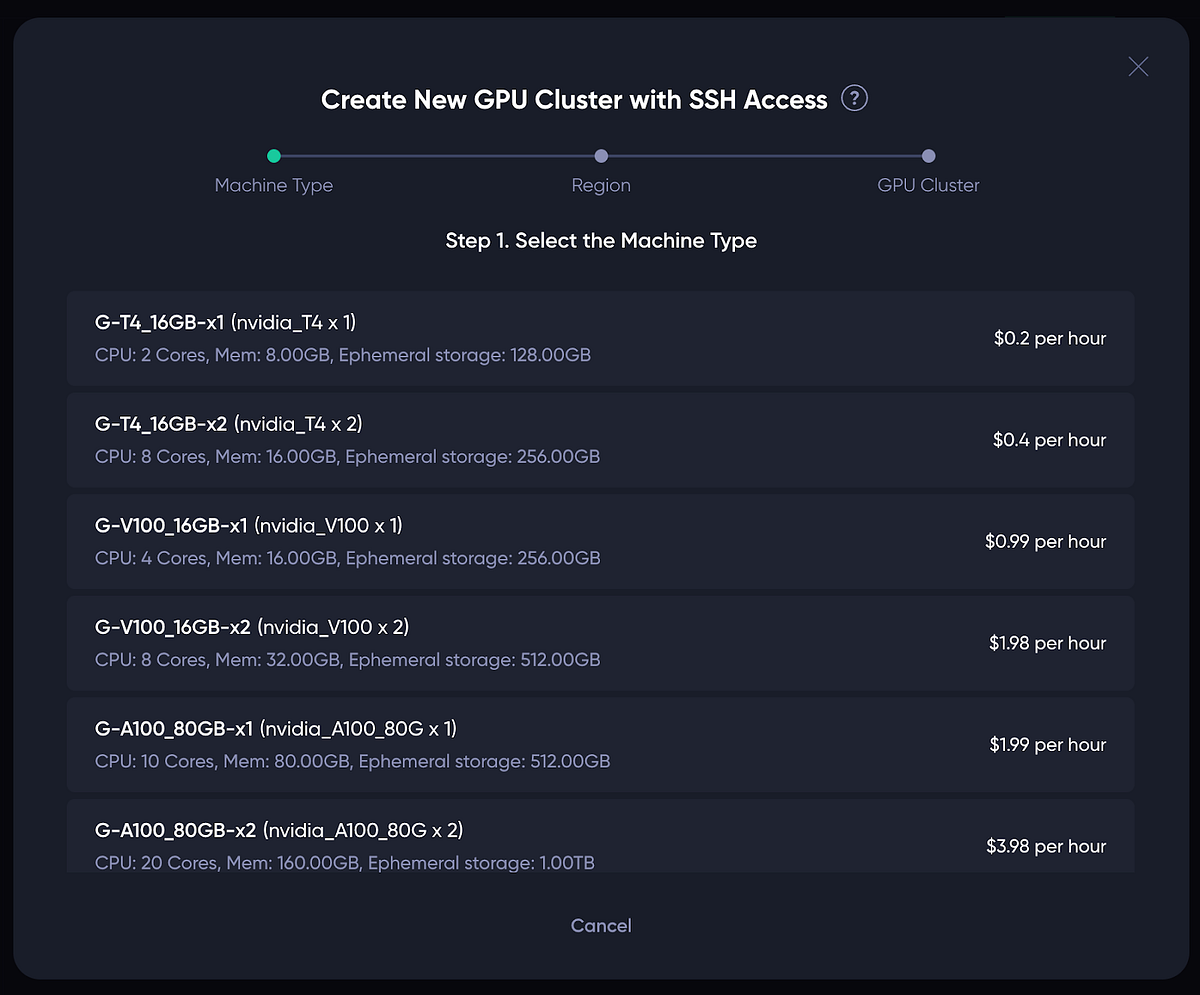Filecoin Achieves Major Milestone in Decentralized Data Storage

Filecoin, the decentralized data storage network built on blockchain technology, has reached a significant milestone by securing 2.1 exbibytes (EiB) of data storage. This achievement not only places Filecoin at the forefront of the decentralized storage industry but also highlights its capacity to scale in response to the increasing demand for decentralized data solutions. With an additional 7.6 EiB of raw storage capacity available, Filecoin demonstrates resilience amidst market fluctuations and broader economic uncertainties in the tech sector, solidifying its influence in the industry.
A pivotal factor in Filecoin’s rapid growth is the introduction of the Filecoin Virtual Machine (FVM) in March 2023, which has enabled the deployment of over 3,700 independent smart contracts. This development enhances the network’s capabilities, supporting decentralized applications (dApps) and contributing to a total value locked (TVL) of 63 million FIL (approximately $273 million). The FVM is facilitating the expansion of decentralized storage beyond traditional Web2 applications, aiming to develop a fully decentralized internet that prioritizes data privacy and user sovereignty, marking a significant step in Filecoin’s journey within the Web3 space.
Moreover, Filecoin is transitioning into a decentralized physical infrastructure network (DePIN), aligning with trends in decentralized computing and artificial intelligence (AI). This shift opens new avenues for enterprise adoption, allowing organizations to utilize decentralized data storage for various applications. The launch of new data services, including persistent storage and data privacy solutions, exemplifies this transition. With a remarkable uptime of 99.99% over the past 90 days, Filecoin ensures reliability for its users while fostering community engagement through regular updates and discussions. As the decentralized storage market matures, Filecoin’s advancements reflect its leadership and commitment to shaping the future of decentralized infrastructure.
Related News





